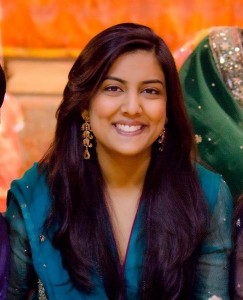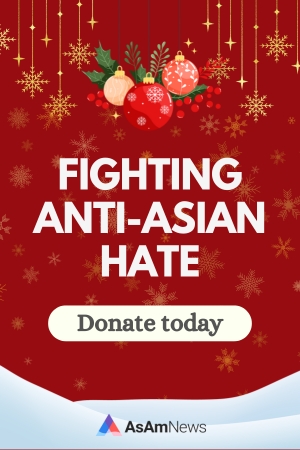
Guest Blogger
Yasmeen Warsi Photography
(note from the editor: The following piece originally appeared in the blog www.loveinshallah.com. It is reprinted here with permission of the editors and the author)
By Farah Khan
Guest Blogger
I am a terrible liar. Not for lack of acting skills, but due to an overactive conscience. To keep pangs of guilt at bay, I usually rely on unadulterated honesty. For a long time, I maintained the naive perspective that most other people in my life also follow this refreshingly honest mantra. In this manner I found my downfall the same way Hassan from Khaled Hosseini’s The Kite Runner lost his innocence. As Hassan’s best friend Amir so carefully observed: “…that’s the thing about people who mean everything they say. They think everyone else does too.”
A few jolting discoveries in college helped me understand that actually, not everyone always tells the truth and people do not always mean what they say. In fact, many people have no qualms whatsoever about telling lies and fabricating stories.
Over the years I managed to adapt my ways so as to better cope with society’s realities, and during this time my mom has been my biggest supporter. From trivial matters such as cancelled lunch plans to more crushing blows of personal betrayal, I have always relied on my mom to serve as my pillar of strength. We agree on most everything, my consumption of outrageous amounts of diet soft drinks aside. So imagine my surprise when we disagreed on the very principles of honesty and candor that she has always instilled within me.
My interpretation of these principles has been based on my mom’s guidance to always be frank and truthful in my interactions with others, in this manner sharing information on an open book basis. However, interestingly enough, I discovered that my open-minded and free-thinking mother has a nuanced view of this honesty and candor. When it comes to candid disclosures of personal matters, she is very much the South Asian traditionalist, strongly disapproving of such exposés.
While pondering my mom’s confession, I shifted my focus to the South Asian community at large, which has always preferred to keep messy things under wraps. Chronic illnesses, domestic violence, identity conflicts, sexual assaults, illicit relationships, rebellious streaks, failed endeavors, etc should never be discussed beyond the confines of our homes. Why would anyone feel the urge to air allegedly dirty laundry in a public arena? Non-negotiable societal rules and regulations dictate what should and should not be discussed with the world at large.
As much as we enjoy juicy gossip at the expense of others, we take painstaking measures to cover up our own flaws. Interested in sharing a personally difficult experience with the world so as to generate support and solidarity in a public forum? Think again, and be prepared to handle a barrage of questions:
What will your grandparents think?
Why do you insist on announcing your sins?
What will the community say?
How will you survive with such a tarnished reputation?
All these questions and more form the foundation upon which South Asian societies build their case for keeping private matters private. My own mom pushes a bit deeper than these questions and wonders why people even feel the need to reveal their personal histories for the world at large? In hashing all this out with her, I only further committed to my beliefs that nobody sets out to ruin reputations or offend others or encourage enmity – people strive only to speak their truth. These truths come in all different shapes, sizes, and colors, and they serve as genuine reflections of their owners. Such bold honesty, however, is not for the faint of heart. Not everyone can so readily share such deep portions of their soul, and society deems this personal preservation as acceptable. I found myself repeatedly challenging my mom’s questions with more of my own: How can we be so understanding of those who are not willing to share their truths, yet so judgmental towards those who bare all?
I strongly believe that we should applaud those who have the courage to share their stories for the sake of both personal growth and global unity. I may never be able to muster the strength needed to share my own truths, but I will tirelessly support those who do. And to answer the inevitable questions of “why,” I will stand by my conviction that with each story that sheds light on a topic formerly hidden beneath a veil of societal prejudice, we come that much closer to widespread accountability. And this accountability will serve as a platform upon which we can begin to generate progressive change for future generations.
For now, my mom and I have agreed to disagree. I respect her beliefs, and I understand that they come from a place of deep conviction. Her upbringing prevents her from so easily shedding the South Asian societal norms that I have so long ago let go of in favor of American candor. With time I hope she understands my vantage point a bit more, and in the meantime, we can continue to bicker over how much Diet Coke I drink on a daily basis.
–
Farah Khan is an internal medicine resident at Emory University. After graduating from college in Boston, Farah returned to her hometown in Alabama for medical school where she was reunited with the mix of Southern hospitality and South Asian flair that had shaped her childhood. Follow her on Twitter or read some of her thoughts on her blog.

